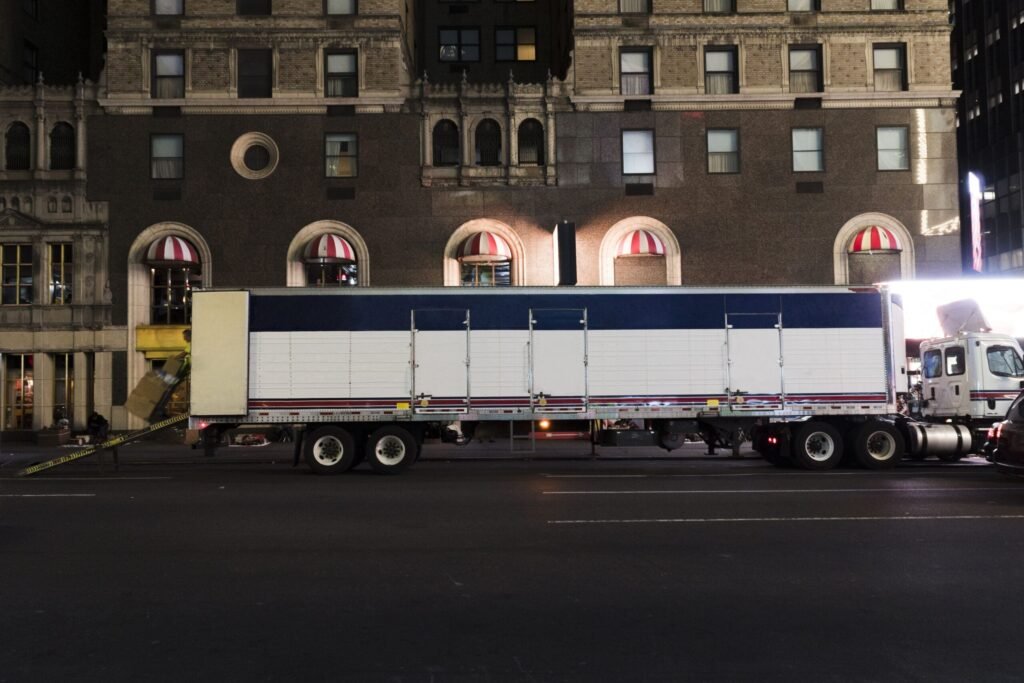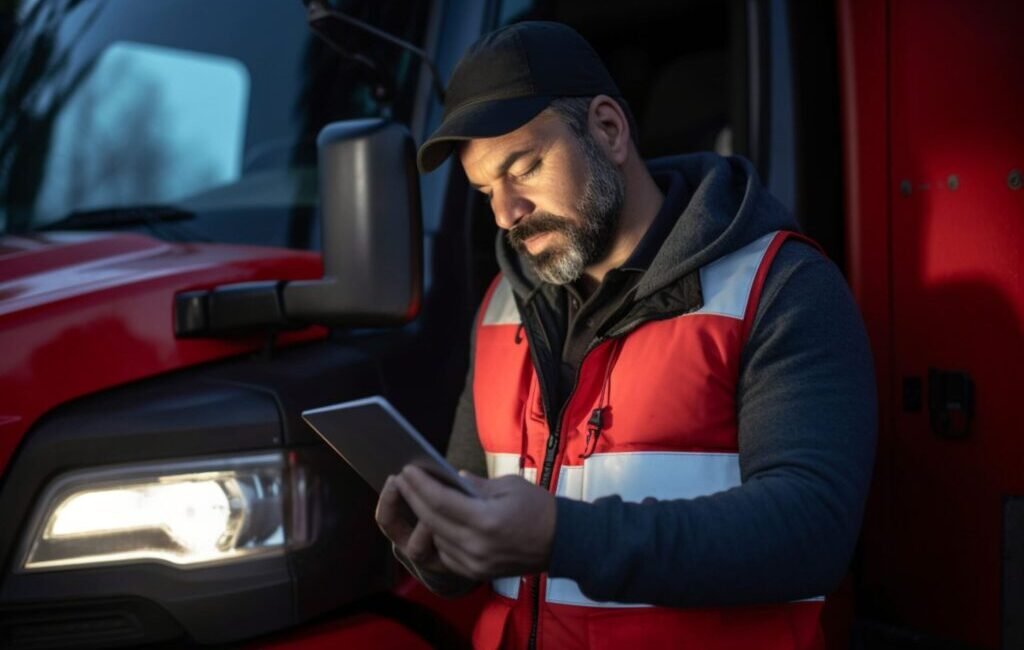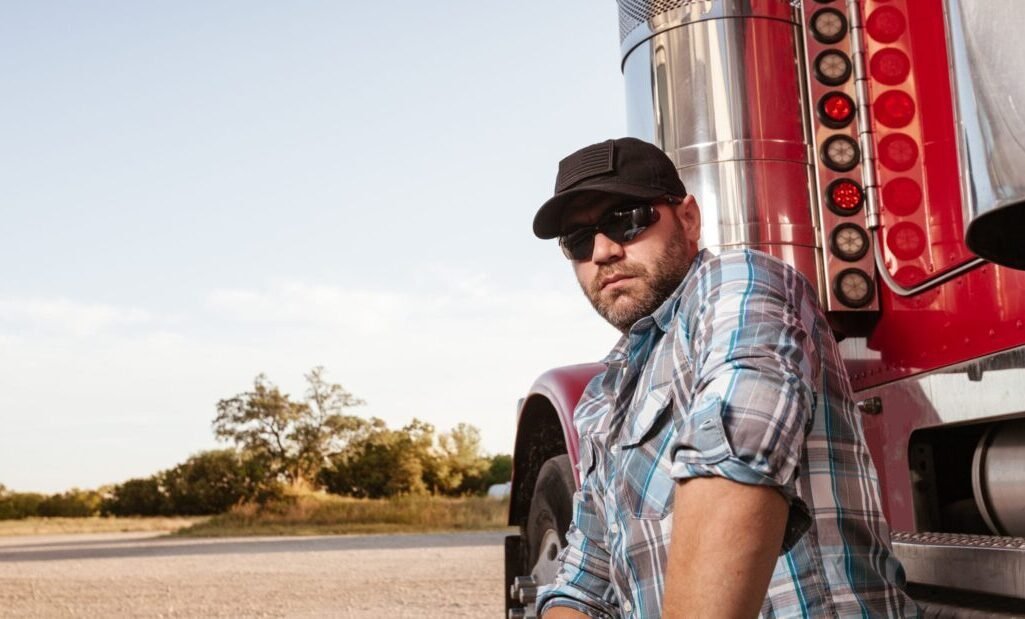Starting a career in trucking can feel both exciting and overwhelming—especially if you’re fresh out of CDL school and looking for your first job. You’ve worked hard to earn your license, but now comes the big question: where do you begin?
For many new drivers, local CDL A jobs are the perfect first step. They offer a way to gain real-world experience without jumping straight into long-haul life. And in a city like Chicago—where freight, logistics, and delivery services are always in motion—there’s no shortage of opportunity.
But before you start submitting applications or calling recruiters, there are a few things you should know. What does a local route really involve? What kind of pay and schedule should you expect? And how do you find a position that sets you up for long-term success, not burnout?
This guide will walk you through all of that and more. Whether you’re aiming to drive box trucks, haul freight for local companies, or get your foot in the door with a major carrier, understanding the landscape of CDL A jobs in Chicago can make all the difference in your first year behind the wheel.
The Basics: What Is a CDL A License and What Does It Allow You to Do?
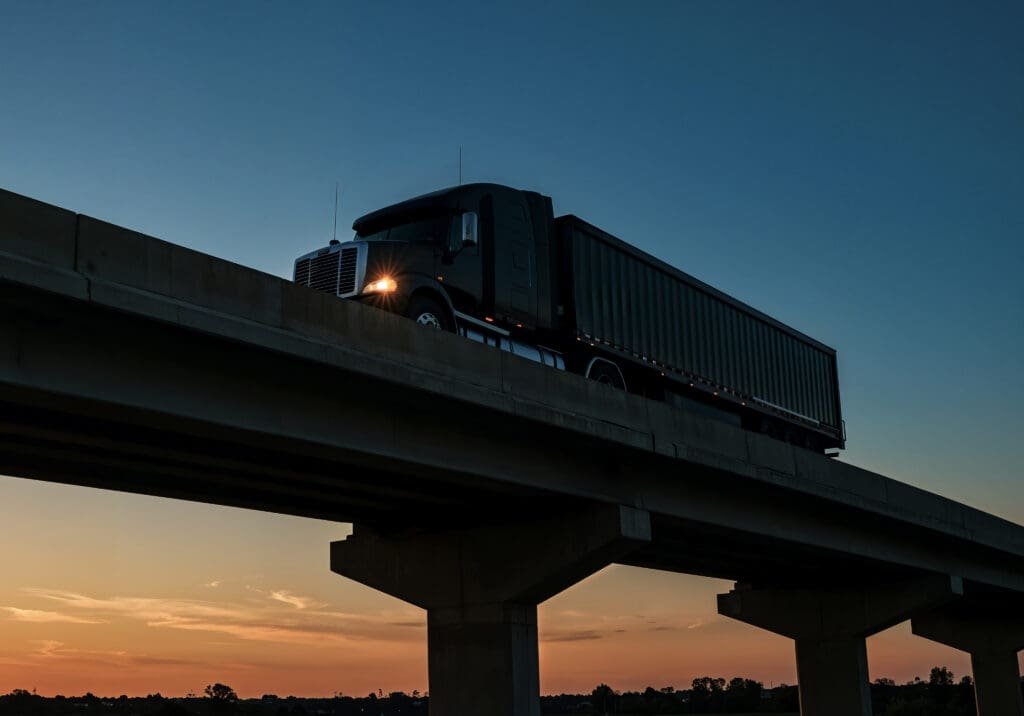
Before diving into job applications and comparing offers, it’s important to understand what your CDL A license actually qualifies you to do—and why it opens more doors than most other commercial driving licenses.
A CDL, or Commercial Driver’s License, comes in three classes: A, B, and C. Class A is the most comprehensive. With a CDL A license, you’re legally authorized to operate the biggest and heaviest commercial vehicles on the road. That includes tractor-trailers, flatbeds, tankers, and any combination vehicle with a gross weight of 26,001 pounds or more (as long as the towed portion exceeds 10,000 pounds).
In simple terms? It gives you access to the broadest range of driving jobs in the industry.
Even better, your CDL A license doesn’t just apply to long-haul trucking. It also makes you eligible for local CDL A jobs, which are ideal if you want to stay closer to home while still putting your license to good use. These roles often include daily routes within the Chicago metro area, scheduled stops, and the ability to be home for dinner most nights.
It’s also worth noting that many employers favor CDL A holders—even for jobs that don’t technically require one—because it shows a higher level of training and responsibility.
So whether you’re planning to stick with local work or eventually move into over-the-road (OTR) driving, starting with a CDL A license sets you up for long-term success in the trucking industry.
Why Local CDL A Jobs Are a Smart Move for New Drivers

Let’s be honest—starting any new job can be intimidating. But when your “office” is a 26,000-pound vehicle navigating Chicago traffic? That’s a whole new level. That’s exactly why local CDL A jobs are a great choice for new drivers just getting their start in the industry.
For one, local routes offer consistency. Unlike over-the-road (OTR) positions that can keep you away from home for days or weeks at a time, local driving usually means you’re home every night. That’s a huge plus if you have a family, want to maintain a steady routine, or just aren’t quite ready to live out of a sleeper cab.
Then there’s the learning curve. Local routes give you the chance to build confidence behind the wheel without diving headfirst into long-haul logistics. You’ll get familiar with different neighborhoods, practice navigating city traffic, and learn how to manage delivery schedules—all without the added pressure of cross-country travel. It’s hands-on experience that’s close to home and incredibly valuable early in your career.
Another big perk? Local positions often come with predictable hours, consistent pay, and the kind of work-life balance that’s hard to find in the trucking world. Many local CDL A jobs offer full-time hours with overtime potential, benefits, and weekends off, depending on the company.
Bottom line: starting local isn’t settling—it’s smart. It helps you build your skills, your resume, and your confidence behind the wheel, all while staying connected to your life outside of work. And in a busy market like Chicago, local opportunities are always in demand.
Key Requirements for CDL A Jobs in Chicago
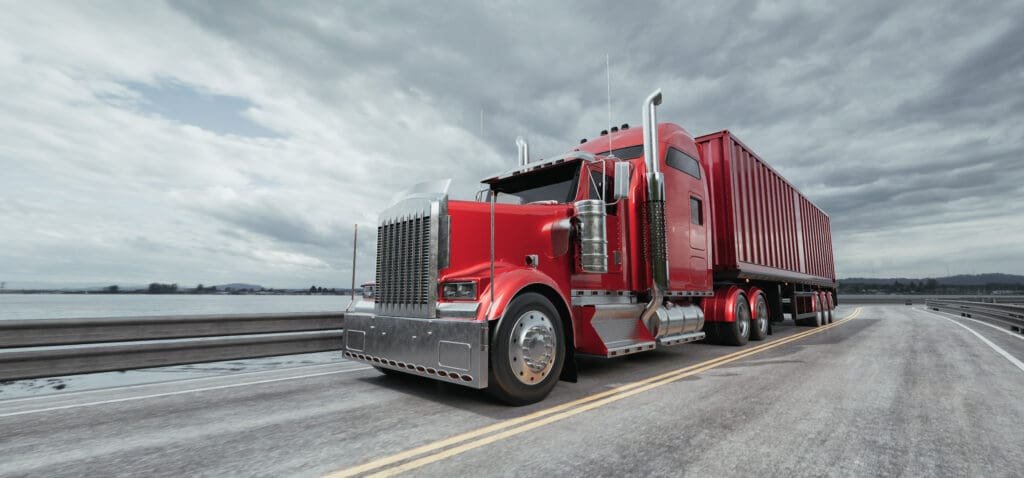
Before applying to any position, it’s important to understand what most employers are really looking for. If you’re new to trucking, knowing the standard qualifications for CDL A jobs Chicago companies are hiring for can help you feel more confident—and prepared.
While each job might list its own specifics, here are the most common requirements:
A valid CDL A license
This is the obvious one. Make sure your license is active, properly endorsed, and issued in Illinois or valid for interstate travel, depending on the job.
A clean driving record
Most employers will check your Motor Vehicle Report (MVR). A few minor infractions might be okay, but a history of serious violations or frequent accidents could be a dealbreaker.
A current DOT medical card
You’ll need to pass a physical and maintain a current Department of Transportation (DOT) medical certificate to be eligible to drive.
Age requirement
For local routes within Illinois, you may qualify at 18. However, many companies still prefer candidates who are 21 or older, especially for jobs involving hazardous materials or interstate travel.
Endorsements (optional but helpful)
Hazmat, Tanker, and Doubles/Triples endorsements aren’t always required, but having them can give you an edge and access to higher-paying positions.
Strong soft skills
Even local routes can include face-to-face interactions with customers. Professionalism, punctuality, and good communication all matter more than you might think.
Taking time to meet these qualifications before applying to CDL A jobs in Chicago not only improves your chances of landing the job—it also shows potential employers you’re serious and ready to roll.
What to Look for in a Local CDL A Employer
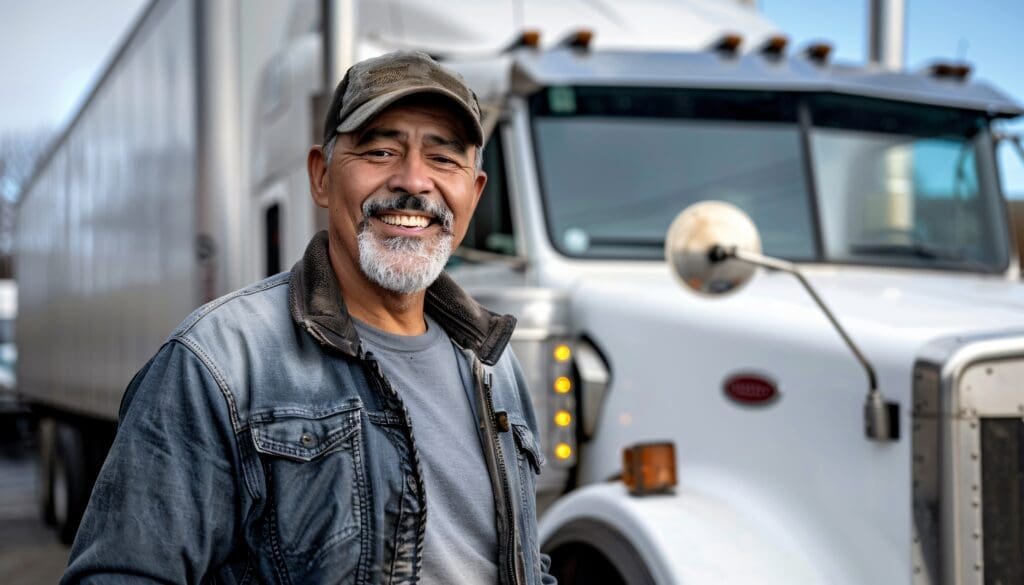
When you’re new to the trucking world, it’s easy to focus only on getting hired. But not all CDL driving jobs are the same—and choosing the right employer can make a huge difference in your experience, safety, and overall job satisfaction.
Start by looking at the basics. Pay and benefits matter, of course, but so does consistency. Are you guaranteed hours each week? Is overtime available, and if so, how often? A steady paycheck is important, especially when you’re just starting out.
Next, take a good look at the equipment. Newer trucks and regular maintenance aren’t just about comfort—they’re about safety. Ask about the average age of the fleet and whether trucks are assigned or shared between drivers. Well-maintained vehicles can mean fewer delays, fewer breakdowns, and a lot less frustration.
Training and support should also be high on your list. As a new driver, you’ll benefit from companies that offer solid onboarding, ride-alongs, or mentorship programs. Some employers provide paid training or refresher courses, which can be a huge plus when you’re still getting used to life on the road.
Finally, think about company culture. Are dispatchers respectful and responsive? Do current drivers seem satisfied? A supportive work environment isn’t just a nice bonus—it can be the difference between loving your job and burning out quickly.
There are plenty of CDL driving jobs in Chicago, but the best ones will set you up for long-term success—not just a paycheck. Take your time, ask questions, and choose a company that values your safety, time, and future.
Also Read: Truck Driver Recruiting in 2025: What’s Changing and Why It Matters
Top Questions to Ask Before Accepting a CDL A Job Offer

Landing your first trucking job can feel like a big win—and it is—but before you say yes, it’s important to slow down and ask the right questions. Not every position is created equal, and knowing what to look for will help you avoid surprises later on.
If you’re exploring CDL A jobs Chicago companies are advertising, don’t be afraid to dig into the details. The more you understand about the role before accepting, the better prepared you’ll be on day one.
Start by clarifying the schedule. Will you be working day or night shifts? Is it Monday through Friday, or does it include weekends and holidays? Ask whether you’ll be home daily or expected to stay overnight occasionally—even local jobs can sometimes include extended hours or irregular routes.
Next, find out what kind of freight you’ll be hauling. Is it general merchandise, food, construction materials, or something more specialized? This will help you understand what type of physical labor (if any) is involved, and whether it matches your current comfort level and experience.
You’ll also want to confirm the pay structure. Is it hourly, per mile, or based on deliveries? Are there guaranteed minimums, safety bonuses, or opportunities for overtime?
And finally, ask about the company’s approach to safety and training. New drivers often benefit from a little extra support—so ask if there’s ongoing training, mentorship, or a probationary period with lighter routes.
Choosing from the many CDL A jobs Chicago has to offer is about more than getting hired—it’s about setting yourself up for success from the start.
Take the First Step Toward a Successful Driving Career
Starting a new career behind the wheel comes with plenty of questions—but now, you’ve got a solid head start. We’ve covered what a CDL A license allows you to do, why local CDL A jobs are a smart move for beginners, what qualifications you’ll need, and how to choose the right employer for your goals. Most importantly, you now know what to ask before signing on the dotted line.
Chicago offers a wide range of opportunities for new drivers, and taking a local route doesn’t mean limiting your potential. In fact, it’s often the best way to gain valuable experience, stay close to home, and build a solid foundation for a long-term trucking career.
If you’re ready to put your CDL A license to work, start by researching local CDL A jobs near you. Look for companies that support new drivers, offer reliable pay, and treat their team with the respect they deserve. And don’t be afraid to ask questions—this is your career, and you want to start it with confidence.
Ready to hit the road? Explore current job openings, reach out to local recruiters, or keep learning with more driver resources. Your next opportunity might be just around the corner—and it all starts with the right first step.
